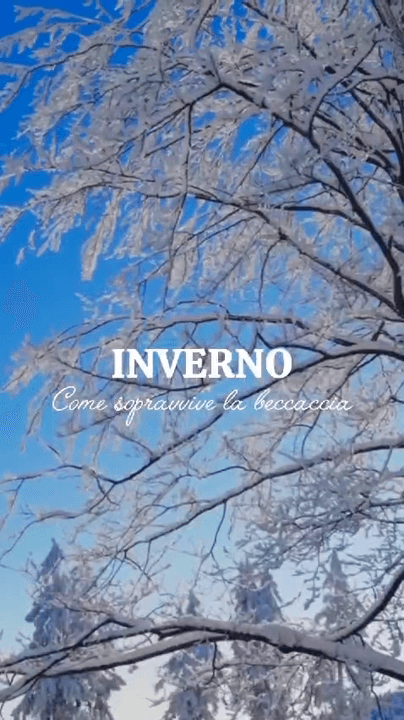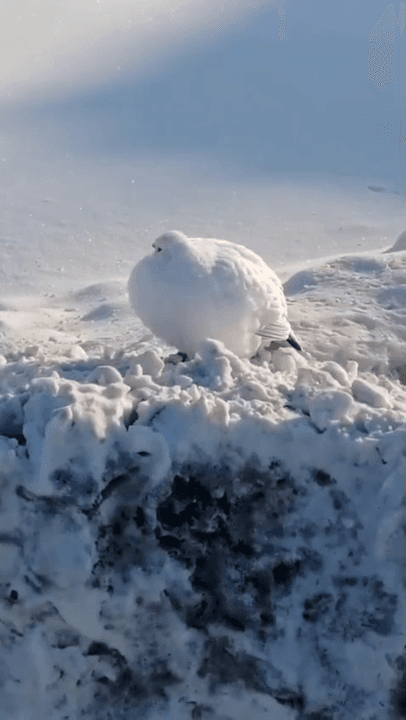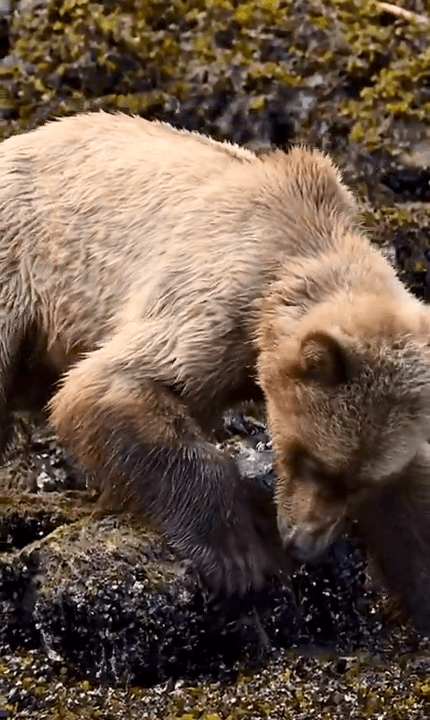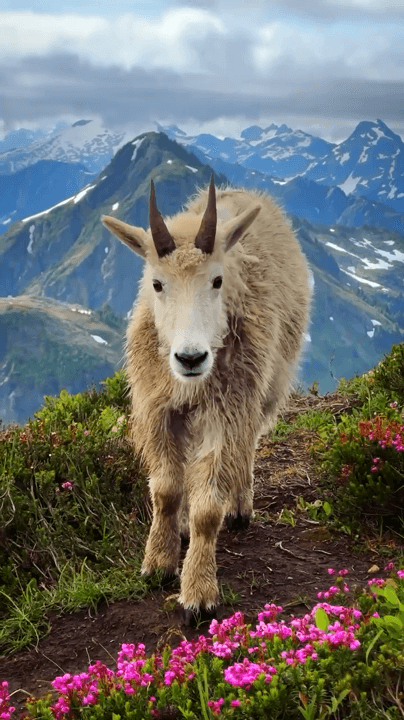
Caccia agli Uccelli Acquatici: Segreti e Tradizioni del Delta del Po Caratteristiche geografiche e naturali della regione dal punto di vista venatorio Il Delta del Po, situato tra Emilia-Romagna e Veneto, è una delle più importanti zone umide d’Europa. Con una superficie di oltre 120.000 ettari, il delta offre un habitat unico per la fauna selvatica, grazie ai suoi canali, lagune, paludi e valli da pesca. Questa diversità ambientale rende il Delta del Po un paradiso per la caccia agli uccelli acquatici, come anatre, folaghe e germani reali. Le aree boschive e le zone agricole circostanti ospitano anche specie come cinghiali, lepri e fagiani. Demografia dei Cacciatori: Un Focus su Numero, Età, Sesso Secondo i dati dell’Associazione Nazionale Cacciatori (Federcaccia), nel Delta del Po sono registrati circa 8.000 cacciatori. La maggior parte dei cacciatori sono uomini di età compresa tra i 40 e i 70 anni, con una forte presenza nelle comunità locali. La caccia è un’attività tradiziona
Post: 27 May 11:45























